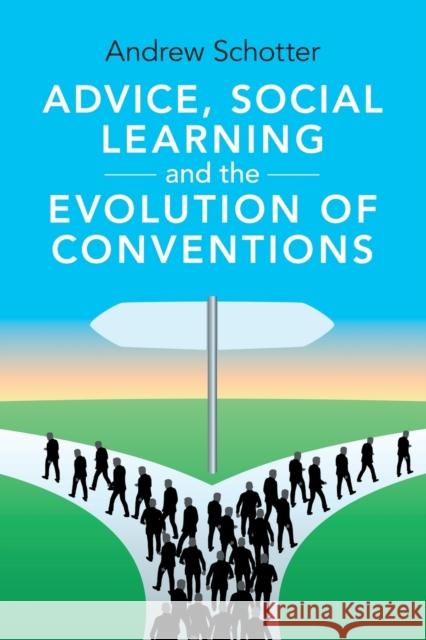Advice, Social Learning and the Evolution of Conventions » książka
topmenu
Advice, Social Learning and the Evolution of Conventions
ISBN-13: 9781009048880 / Miękka / 2023 / 250 str.
Advice, Social Learning and the Evolution of Conventions
ISBN-13: 9781009048880 / Miękka / 2023 / 250 str.
cena 135,43
(netto: 128,98 VAT: 5%)
Najniższa cena z 30 dni: 134,63
(netto: 128,98 VAT: 5%)
Najniższa cena z 30 dni: 134,63
Termin realizacji zamówienia:
ok. 16-18 dni roboczych.
ok. 16-18 dni roboczych.
Darmowa dostawa!
Introduces advice into economic analysis and explores its impact on decision-making and the evolution of conventions of behavior.











